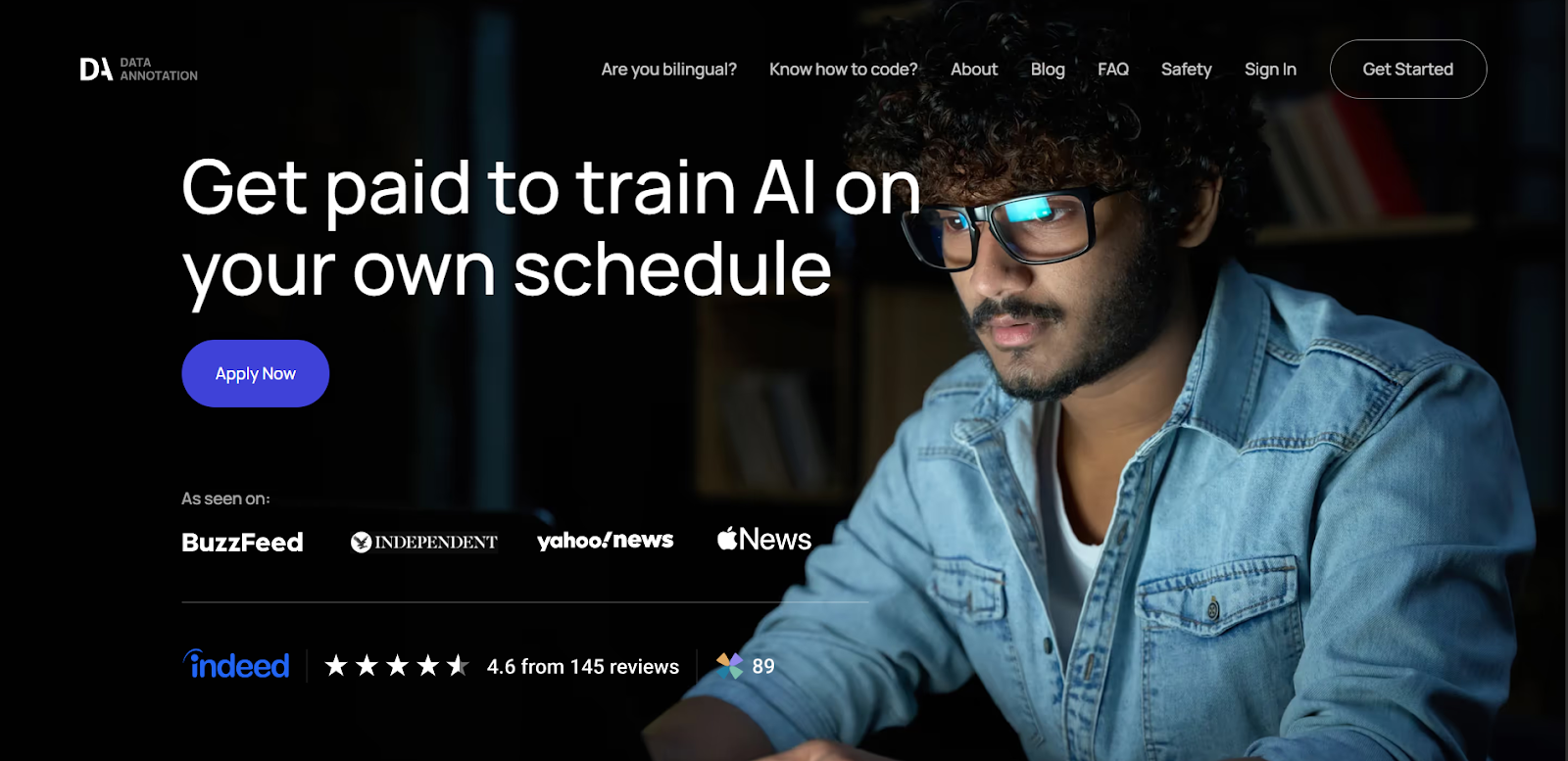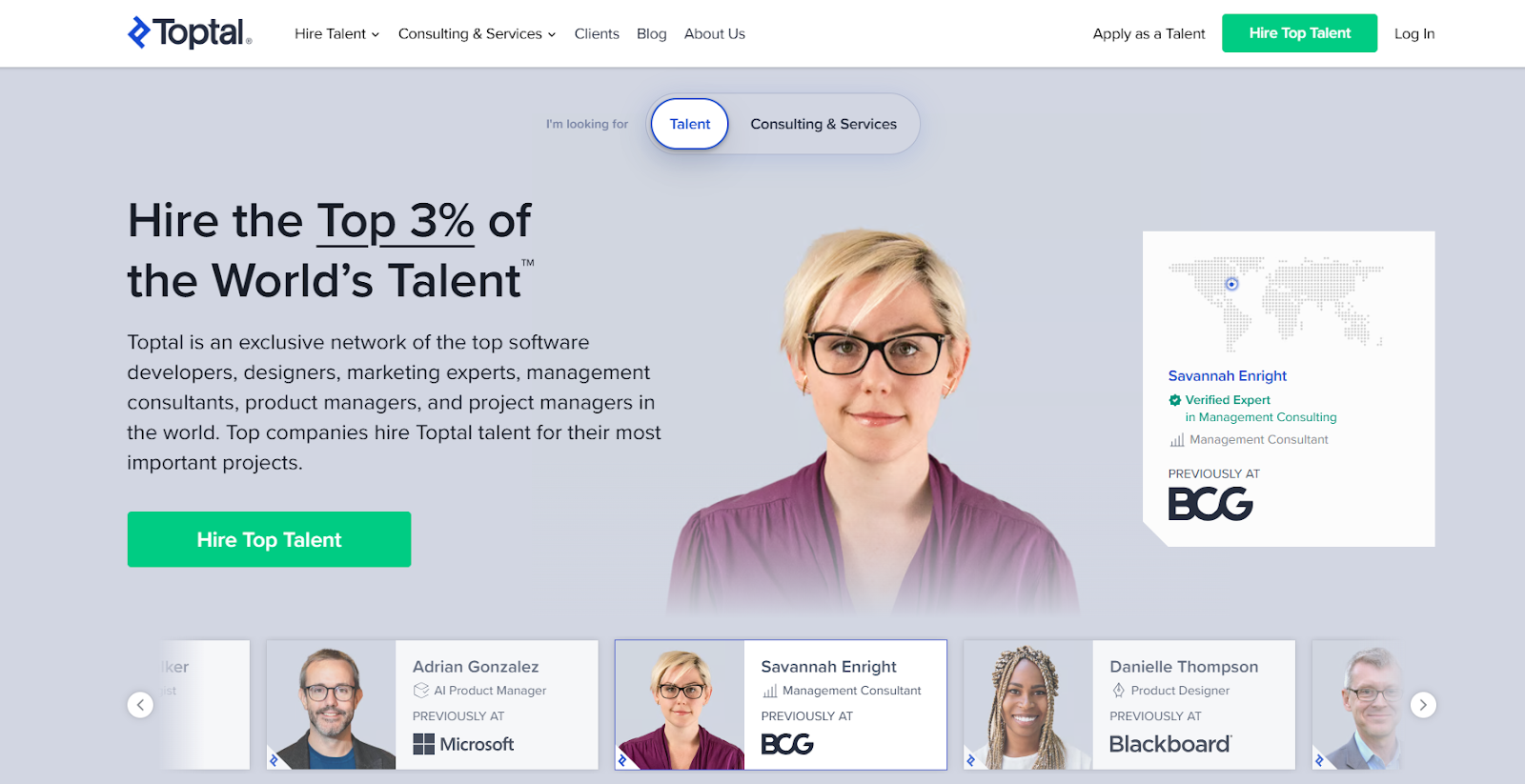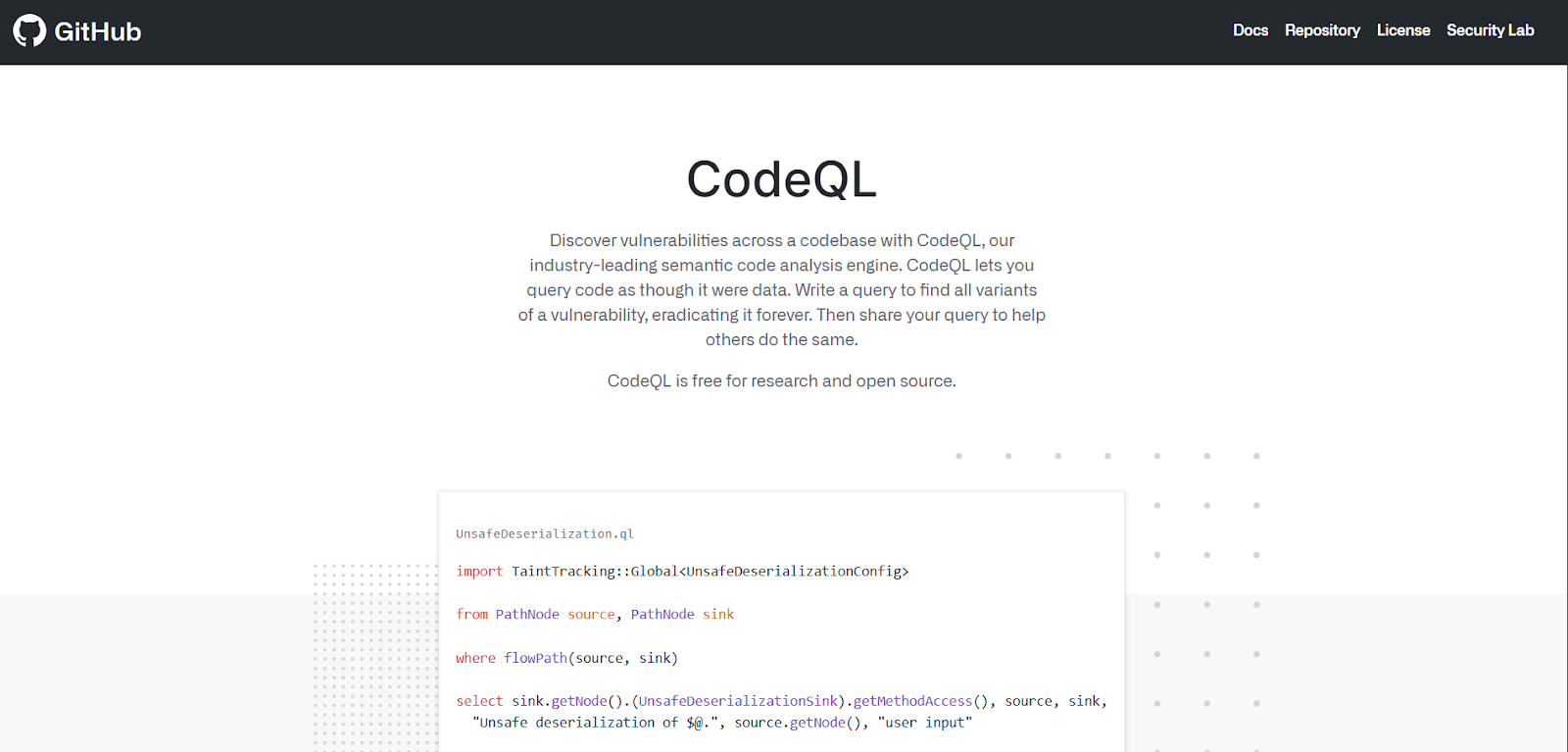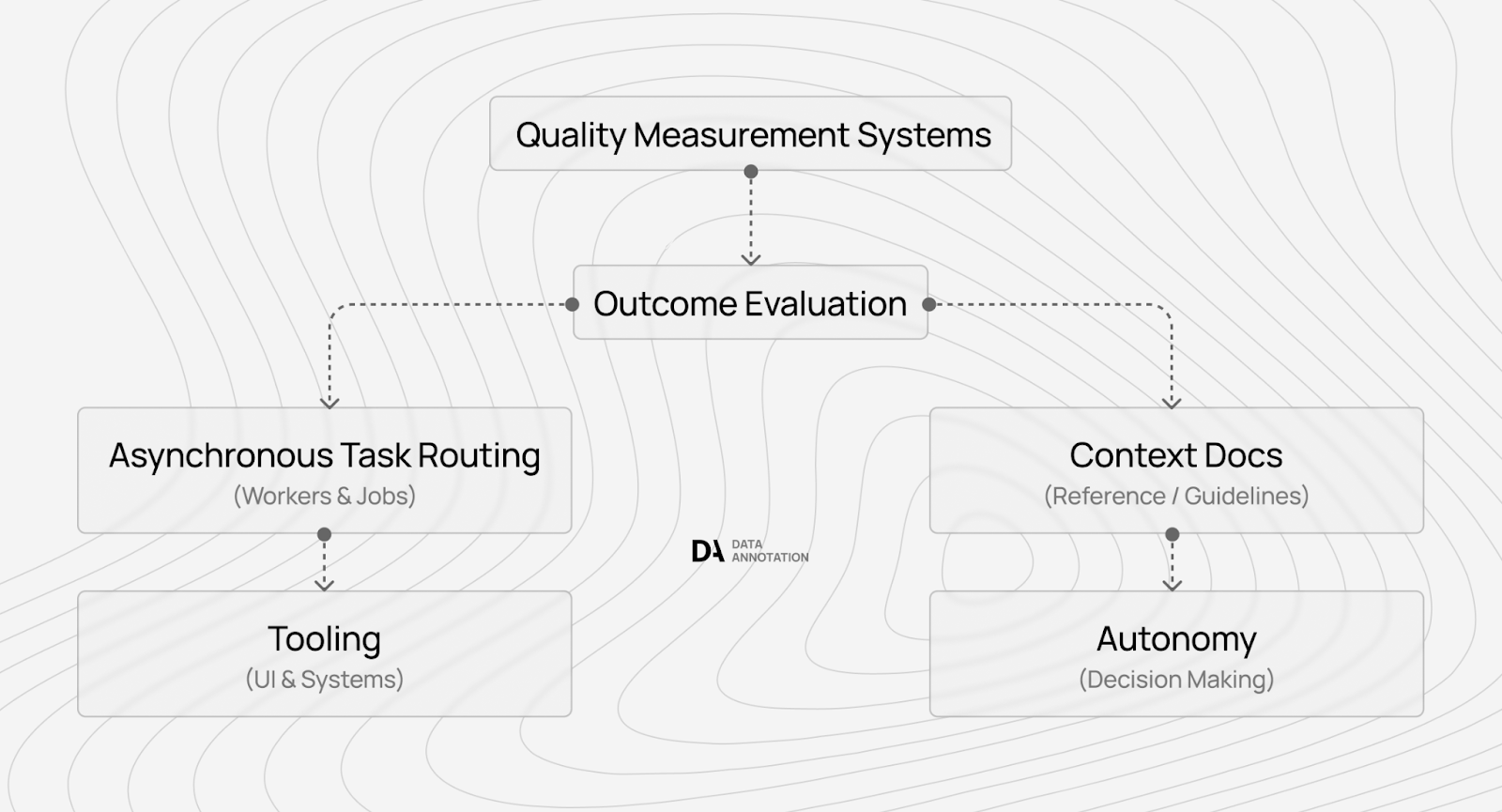You're burned out at your current rigid 9-to-5 job, but you can't quit. Not with your current financial commitments. Not without another income source lined up. Not when job hunting in this market means months of LeetCode grinding and waiting for hiring freezes to thaw.
So you're stuck in standups discussing tickets all day and pretending "synergy" means something in your fifth meeting this week.
You just want to code and solve actual problems. Get paid fairly without the organizational theater.
But every part-time option you've found requires either writing proposals for projects that hire the lowest bidder, or taking junior-level "entry remote work" that pays $10/hour or committing to "part-time" roles that creep into 30-hour weeks.
You have production experience. You've debugged systems at scale. You're looking for work that pays for expertise, not for your ability to write convincing proposals or accept below-market rates.
Here are 7 paths for experienced engineers to earn professional rates part-time, how long it takes to qualify, and which platforms skip bidding wars entirely.
1. AI training
We start here because when companies build frontier AI systems, they need humans to assess whether generated code actually works. Whether reasoning chains hold under scrutiny. Whether "correct" answers are actually correct.
At DataAnnotation, AI training involves evaluating whether AI-generated code handles edge cases correctly, ranking chatbot responses based on technical accuracy and instruction-following, and identifying subtle logical flaws in reasoning chains.

This requires the same judgment you apply to debugging production code: spotting what's missing in superficially correct answers, understanding why one solution is elegant while another creates technical debt, and evaluating trade-offs that automated checks can't detect.
AI training pros:
- Complete schedule flexibility. High project availability with no fixed hour requirements or daily login expectations. Projects run 24/7 across time zones.
- Meaningful contribution to AGI development: You're teaching models that power frontier models. Your evaluations directly improve capabilities used by millions.
- Zero client management overhead. Skip proposal writing, bidding wars, and scope negotiations entirely. Pass the Starter Assessment, choose projects, and work.
- Transparent payments. General projects start at $20/hour. Coding and STEM projects start at $40/hour. Professional domain work in law, finance, or medicine begins at $50/hour. Consistent weekly payments with dashboard tracking.
AI training cons:
- Initial qualification hurdle. Starter Assessment requires focus and attention to detail. No credentials guarantee acceptance. Capability does.
- Learning curve for specialized tiers. Higher-paying STEM and Coding projects demand domain expertise and real-world experience.
Best for: Engineers who value craft over credentials, want flexibility without freelance client management, and care about contributing to frontier AI development.
2. Freelance web-app enhancements
Founders constantly need faster checkout flows or better Lighthouse scores, but they can’t justify hiring another full-time engineer. That gap creates steady part-time work where you jump in, ship targeted improvements, and move on.
Most of these enhancement projects fall into three categories:
- Performance tuning that cuts load times
- UI polish that increases conversion rates
- Accessibility upgrades that expand market reach
The work requires deep technical knowledge but limited time commitment per project. You’re solving specific problems, not architecting entire systems.
Rate expectations depend on your specialization and the project scope. Front-end developers working with React, Next.js, Vite, Vue, or Angular earn $25 per hour for contract work. Getting started requires packaging case studies with concrete metrics.
Post your portfolio on platforms like Toptal for vetted, high-end clients or Upwork for more volume. The portfolio matters more than your resume when clients evaluate contractors for quick-win projects.

Freelance web-app enhancement pros:
- Premium hourly compensation for specialized skills: Rates match or exceed full-time salaries when converted to hourly equivalents.
- Clearly defined project scopes and timelines: You know exactly what needs to ship and when, with minimal scope creep on well-defined enhancements.
- Minimal recurring meetings and check-ins: Most projects require one kickoff call and asynchronous updates, not daily stand-ups.
Freelance web-app enhancement cons:
- Fierce competition from global developer pools: Popular platforms attract thousands of applicants for premium projects, making differentiation essential.
- Client management and scope creep risk: Some clients treat “small changes” as permission for expanding requirements without adjusting compensation.
- Inconsistent project flow requiring active sourcing: You need to market yourself and bid on new work continuously.
Best for: Front-end developers who enjoy rapid delivery of visual improvements and can manage client expectations clearly. If you thrive on seeing immediate impact from your work and have the discipline to handle the business side of freelancing, web app enhancements can turn your technical skills into lucrative, schedule-friendly income.
3. Code review and static analysis consulting
Clients want new features yesterday, yet their backlog of unreviewed pull requests keeps growing beyond their control. Code review and static analysis consulting solves that problem by letting you step in as a quality gate.
Instead of building features, you scrutinize them through deep dives into pull requests, configure tools like SonarQube or CodeQL, and write actionable recommendations that raise code health without slowing release tempo.

This work demands strong judgment, so companies pay an average of $30 per hour, depending on your expertise and the programming languages you use. Platforms like PullRequest.com or GitHub Marketplace make it easy to find projects that fit your schedule.
To break in, curate a portfolio that shows your eye for detail. For instance: a collection of merged pull requests with your technical feedback, open-source contributions demonstrating code quality improvements, or before-and-after metrics from static analysis rollouts showing measurable quality gains.
Highlight language expertise and tooling familiarity since hiring managers often list “clean code” as a requirement but rarely specify frameworks.
Code review and static analysis consulting pros:
- High hourly rates: Premium pay for expertise without implementation overhead.
- Minimal implementation work: Review and recommend rather than building from scratch.
- Clear deliverables with defined scope: Each review has a beginning and end, with no scope creep into feature development.
Code review and static analysis consulting cons:
- Often deadline-driven with time pressure: Teams need reviews before merge deadlines, creating compressed timelines.
- Requires diplomatic feedback skills when critiquing work: Delivering constructive criticism without demoralizing developers demands emotional intelligence.
- Can feel repetitive reviewing similar patterns: Common mistakes appear frequently, making some reviews feel predictable.
Best for: If you find satisfaction in preventing production issues through careful analysis, have the patience to diplomatically explain technical debt, and prefer analytical work to feature development, code review consulting turns your senior instincts into a premium, flexible income stream.
4. DevOps and cloud-optimization sprints
You’ve probably seen teams burn through cloud budgets while basic maintenance slips through the cracks. That gap drives a new wave of short-term, high-impact work: DevOps and cloud-optimization sprints. In these projects, you drop in to slash cloud infrastructure bills, set up streamlined CI/CD, or automate infrastructure properly before moving on.
The financial incentives reflect the urgency. Cloud engineers typically charge $30+ per hour for optimization sprints, with rates varying based on cloud platform expertise and project complexity. Companies gladly pay those rates because a single misconfigured autoscaling group can cost thousands per month.
To deliver, you need rock-solid Terraform skills, hands-on Kubernetes experience, and the ability to read dashboards at a glance.
Cloud provider certifications help establish credibility, but nothing sells like a case study showing cost reduction and a healthier deployment pipeline.
Package your best before-and-after metrics on a personal site, then target remote-first job boards where DevOps listings remain scarce yet lucrative.
DevOps and cloud-optimization sprint pros:
- High hourly rates: Premium compensation for skills that directly impact company finances.
- Clearly defined project scopes with measurable impact: Cost savings and performance improvements provide concrete success metrics.
- Growing demand as cloud adoption accelerates: More companies migrating to the cloud creates a consistent project pipeline.
DevOps and cloud-optimization sprint cons:
- Requires staying current with rapidly evolving services: Cloud providers constantly release new features, requiring ongoing education.
- Potential on-call expectations during migrations: Critical infrastructure changes sometimes need real-time support.
- High-pressure situations: When cost overruns are discovered, companies hire you to fix expensive problems, creating urgency and stress.
Best for: If you get satisfaction from eliminating waste, architectural decisions energize you more than feature work, and you’re comfortable with the responsibility of touching production systems, DevOps optimization sprints offer rewarding, metric-driven work where results appear in monthly billing statements.
5. Micro-SaaS maintenance contracts
Small SaaS founders juggle product development, marketing, and customer support simultaneously, while code maintenance gets pushed to the back burner. Instead of hiring a full-time developer at high cost, founders set aside monthly retainers for experienced developers who can handle focused maintenance work.
In this work, your responsibilities shift weekly: optimizing a slow database query, refactoring a React component, or troubleshooting a customer support ticket. SaaS products never sleep, so founders value reliability over raw hours.
A few focused hours from the right developer commands premium rates because the alternative (broken features or angry customers) costs them much more. Typical retainers start at $40 per hour, with some arrangements including equity or revenue sharing as the product grows.
For this type of contract, your best path forward skips job boards entirely:
- Join Slack communities like IndieHackers
- Browse founder-focused Discord servers, and get active in private channels where these opportunities surface before hitting public listings.
You’ll win these contracts faster with three core strengths: solid debugging skills across the stack, patience when explaining technical issues to non-technical founders, and explicit opinions on code health and architecture.
Micro-SaaS maintenance contract pros:
- Consistent monthly income: Once contracted, work continues until the founder cancels or the product shuts down.
- Long-term relationships with the same codebase: Deep familiarity with one system beats constantly learning new architectures.
- Potential equity or revenue-sharing arrangements: Some founders offer an ownership stake, creating upside beyond hourly rates.
Micro-SaaS maintenance contract cons:
- Ongoing responsibility creates pressure to fulfill obligations: Founders depend on you for critical fixes, limiting the time you can take off.
- Potential emergency fixes disrupting schedule: Production issues don’t respect your calendar, requiring occasional urgent response.
- Limited exposure to new technologies: Maintaining one product means working with its existing stack indefinitely.
Best for: If you prefer depth over breadth, appreciate the satisfaction of deeply understanding one codebase, and want predictable income without constant marketing, micro-SaaS maintenance contracts offer stability that typical freelancing can’t match.
6. API integration specialist
Every company building at scale faces the same mess: customer data scattered across ten platforms, team members copying information between dashboards, and nobody has time to connect it all.
You can solve this problem and get paid well for it by building integrations that wire platforms like Stripe, Twilio, or custom REST services into automated workflows.
For instance, you can build a Zapier-style connector one week, then author a serverless webhook listener the next. Demand remains consistent because the API economy keeps expanding. Job boards post integration roles daily, many of which are specifically for contract work.
Experienced API developers quote starting from $50 per hour, which aligns with backend salary benchmarks for specialized technical work. To command top rates, you need fluency with REST semantics, OAuth flows, webhook security, and data-mapping patterns that maintain referential integrity across systems.
Getting started is straightforward.
Here are action steps you can take:
- Publish polished sample integrations on GitHub that showcase common patterns
- Create detailed case studies that explain the problems solved and the approaches taken
- Position as an expert developer who turns chaotic APIs into reliable revenue pipelines
API integration specialist pros:
- Remote-friendly work: Each integration has defined inputs, outputs, and success criteria.
- Highly transferable skills across all platforms: OAuth, REST, and webhooks work similarly everywhere, maximizing reusable knowledge.
- Growing demand as software ecosystems expand: More SaaS tools mean more integration needs between them.
API integration specialist cons:
- Requires staying current with API changes: Providers update endpoints, change authentication, or deprecate features regularly.
- Troubleshooting third-party issues beyond your control: External API downtime or bugs create problems you can’t directly fix.
- Can feel repetitive implementing similar patterns: Many integrations follow predictable OAuth-to-webhook patterns.
Best for: Developers who love problem-solving and connecting systems. If you find satisfaction in data flowing correctly between platforms and prefer defined technical challenges over open-ended feature work, API integration work provides steady, remote-friendly income doing work that most developers avoid.
7. Indie game feature contracting
Indie studios (independent game development studios) need specific expertise for key features (snappy combat systems, polished multiplayer lobbies, eye-catching shaders), but can’t afford full-time developers.
In this role, you bring the skills to ship those features without the overhead of traditional employment, and short part-time contracts work perfectly for both parties.
The tech stack follows the game engines:
- C# for Unity projects
- C++ for Unreal development, plus multiplayer netcode
- Graphics programming
- Physics fundamentals
Pricing varies based on feature complexity, with typical rates starting at $25 per hour for entry-level designers. Some studios prefer per-feature pricing, which can work in your favor for well-scoped deliverables that let you move quickly.
However, a focused, game-specific portfolio carries more weight than corporate titles.
Here’s how to build a focused portfolio:
- Record a short video of a procedural terrain system you’ve built
- Capture your multiplayer synchronization working smoothly
- Showcase shader effects you’ve created
Share these in developer Discords, niche job boards, or directly reach out to studios whose games you admire. The same networking tactics that land remote engineering roles work here, too.
Indie game feature contracting pros:
- Creative work offering variety: Games provide visual, interactive feedback that typical enterprise software lacks.
- Potential royalty arrangements: Some studios offer revenue sharing, creating passive income if the game succeeds.
- Portfolio-building through shipped features: Contributed work appears in released games, demonstrating real-world impact.
Indie game feature contracting cons:
- Tight timelines: Small teams move fast, creating pressure to deliver quickly.
- Budget constraints limiting compensation potential: Indie studios typically pay less than enterprise clients due to funding limitations.
- Hit-driven industry with many failed projects: Not all games launch successfully, potentially leaving work unpublished.
Best for: Developers passionate about games who want creative variety in their work. If contributing to interactive entertainment excites you more than enterprise applications, game development is where you’d rather spend your expertise.
How AI training at DataAnnotation provides part-time work for experienced developers
AI training (evaluating and improving AI model outputs) fits the limited-time constraint because assessment handles matching, quality measurement drives advancement, and projects fit focused blocks.

At DataAnnotation, AI training involves technical judgment, not task completion:
- You evaluate code generated by AI systems for correctness, efficiency, and edge case handling
- You rank chatbot responses based on technical accuracy and adherence to instructions
- You review solutions to complex problems and identify where reasoning breaks down
- You label technical content with domain expertise so models learn to distinguish quality
This pays more than freelance platforms because your tier is determined by assessment, not bidding against the cheapest competitor.
Our assessment tests actual capability through a 1-2 hour qualification that measures critical thinking, attention to detail, and domain knowledge. No whiteboard algorithms. No credential requirements. Performance determines which project tiers you access.
Explore part-time work at DataAnnotation
So, which future do you choose?
Racing to the bottom on freelance platforms, competing on price instead of craft? Or contributing to AI systems that could one day cure cancer, unlock the secrets of the universe, and send rockets to the stars?
If assessment-based work resonates more than freelance bidding or app building and you have the expertise, here’s how to get started:
- Visit the DataAnnotation application page and click “Apply”
- Fill out the brief form with your background and availability
- Complete the Starter Assessment (about an hour)
- Check your inbox for the approval decision, which typically arrives in the next few days
- Log in to your dashboard, choose your first project, and start working
No signup fees. We stay selective to maintain quality standards. Just remember: you can only take the Starter Assessment once, so prepare thoroughly before starting.
Apply to DataAnnotation if you understand why quality beats volume in advancing frontier AI — and you have the expertise to contribute.

.jpeg)




